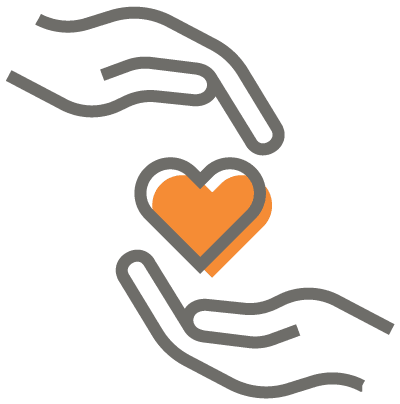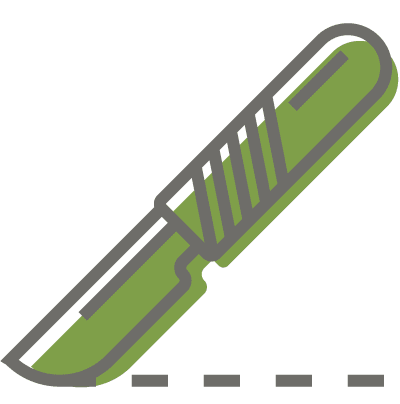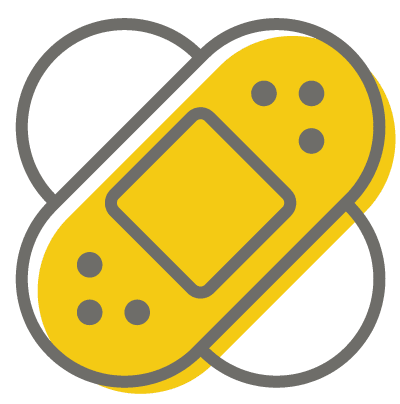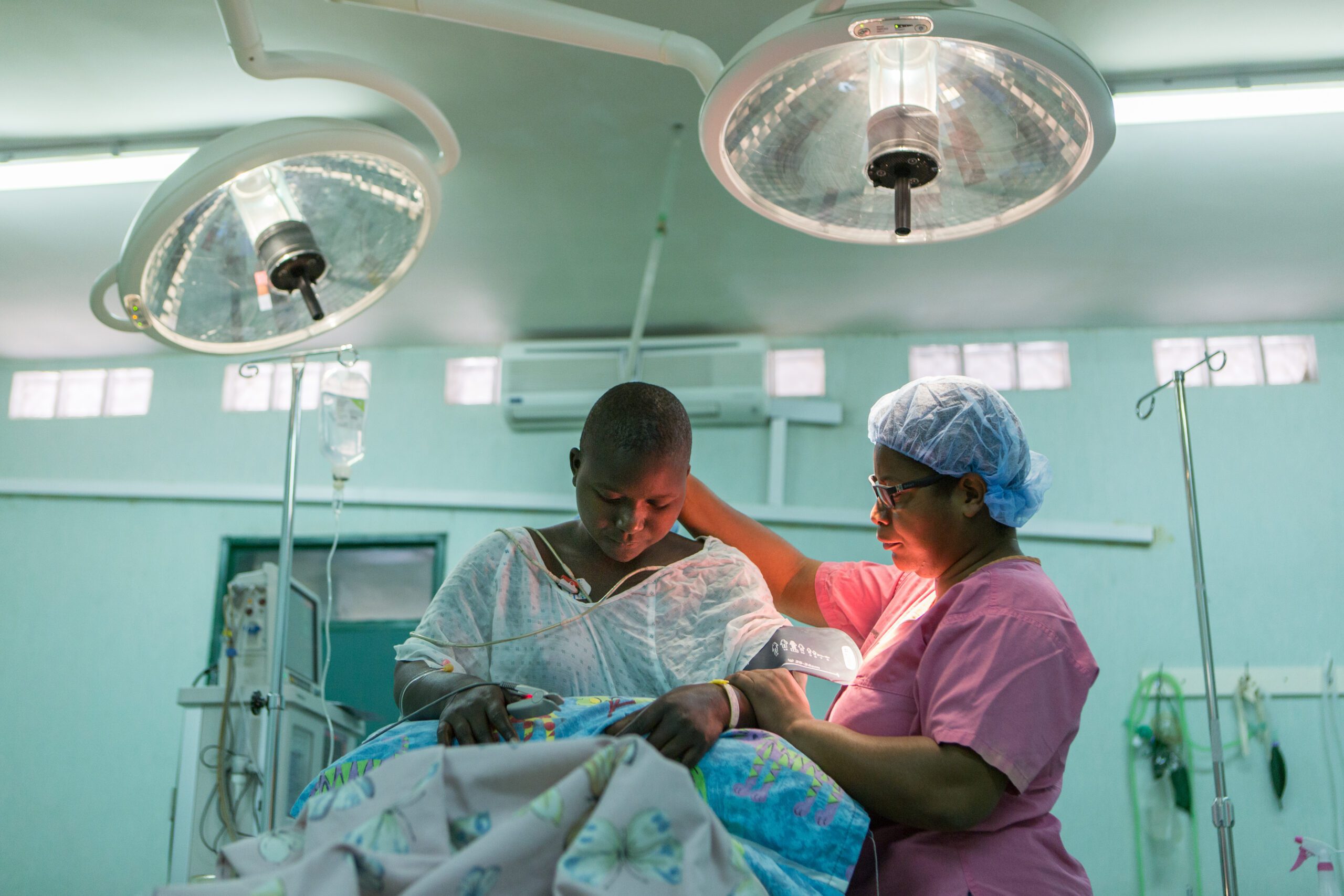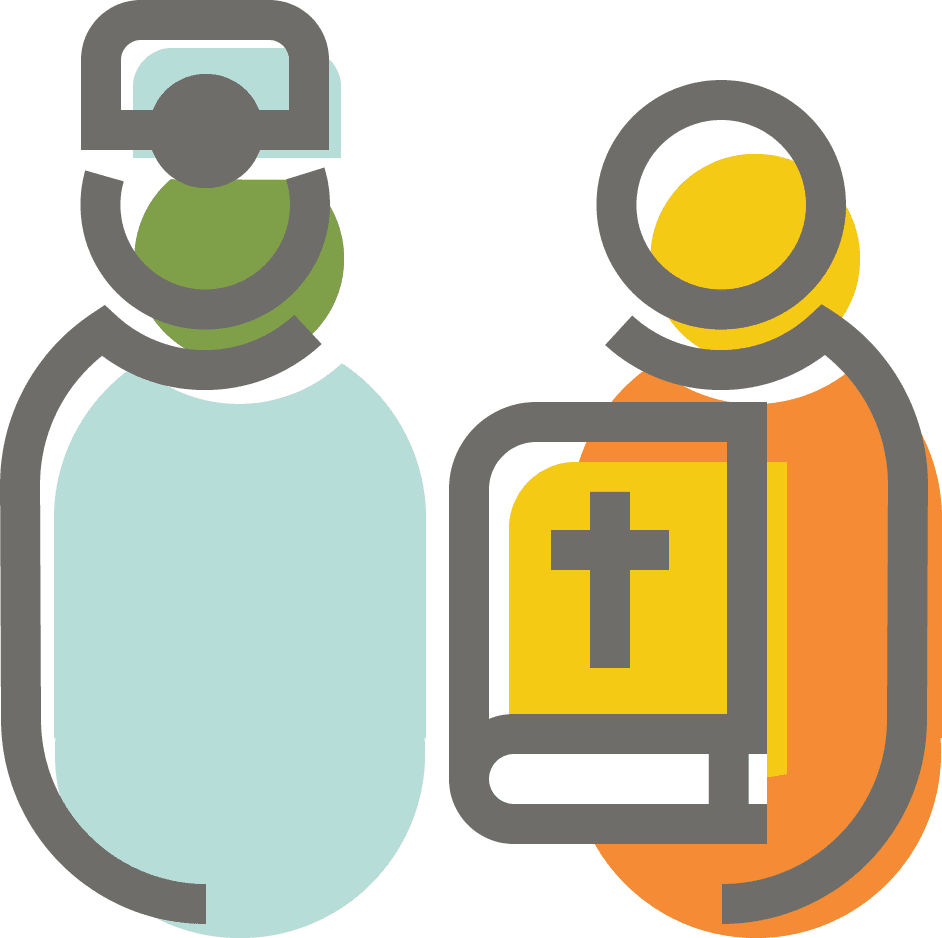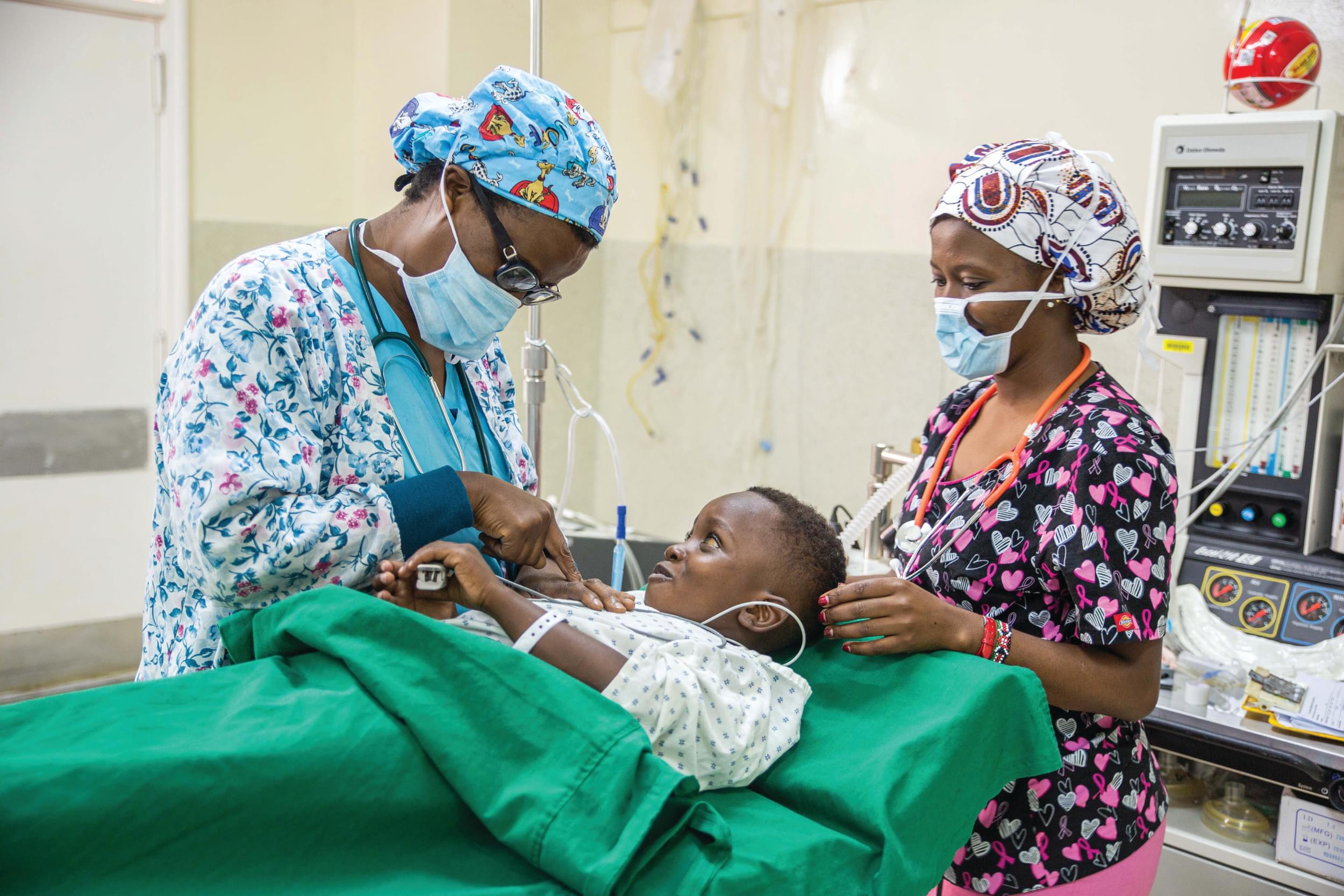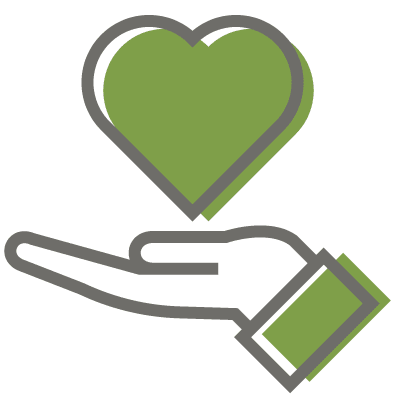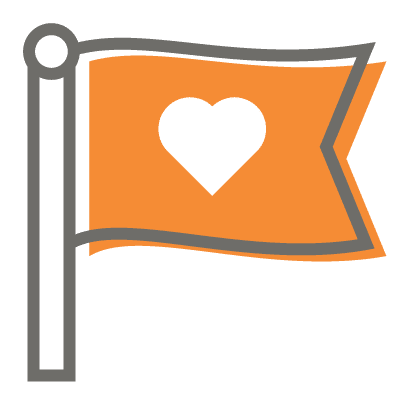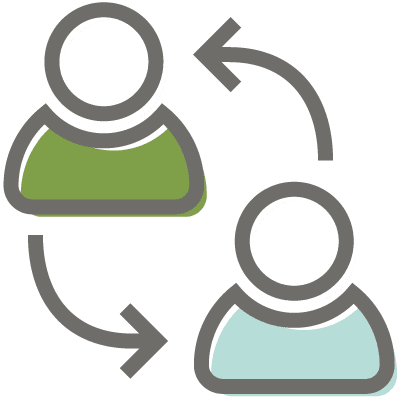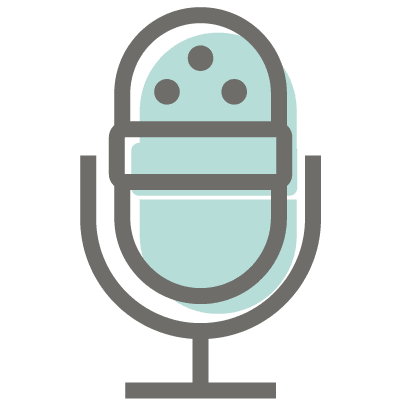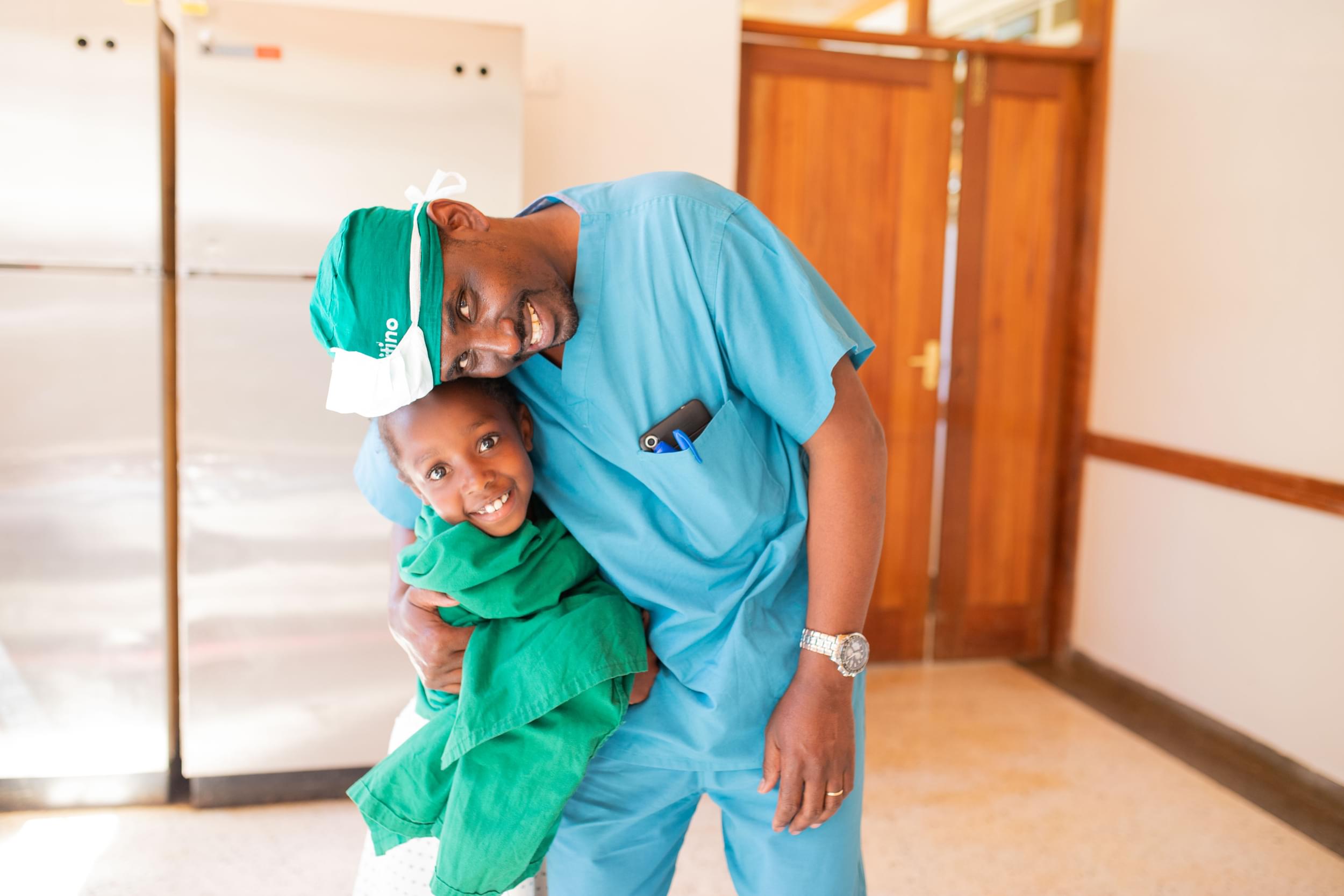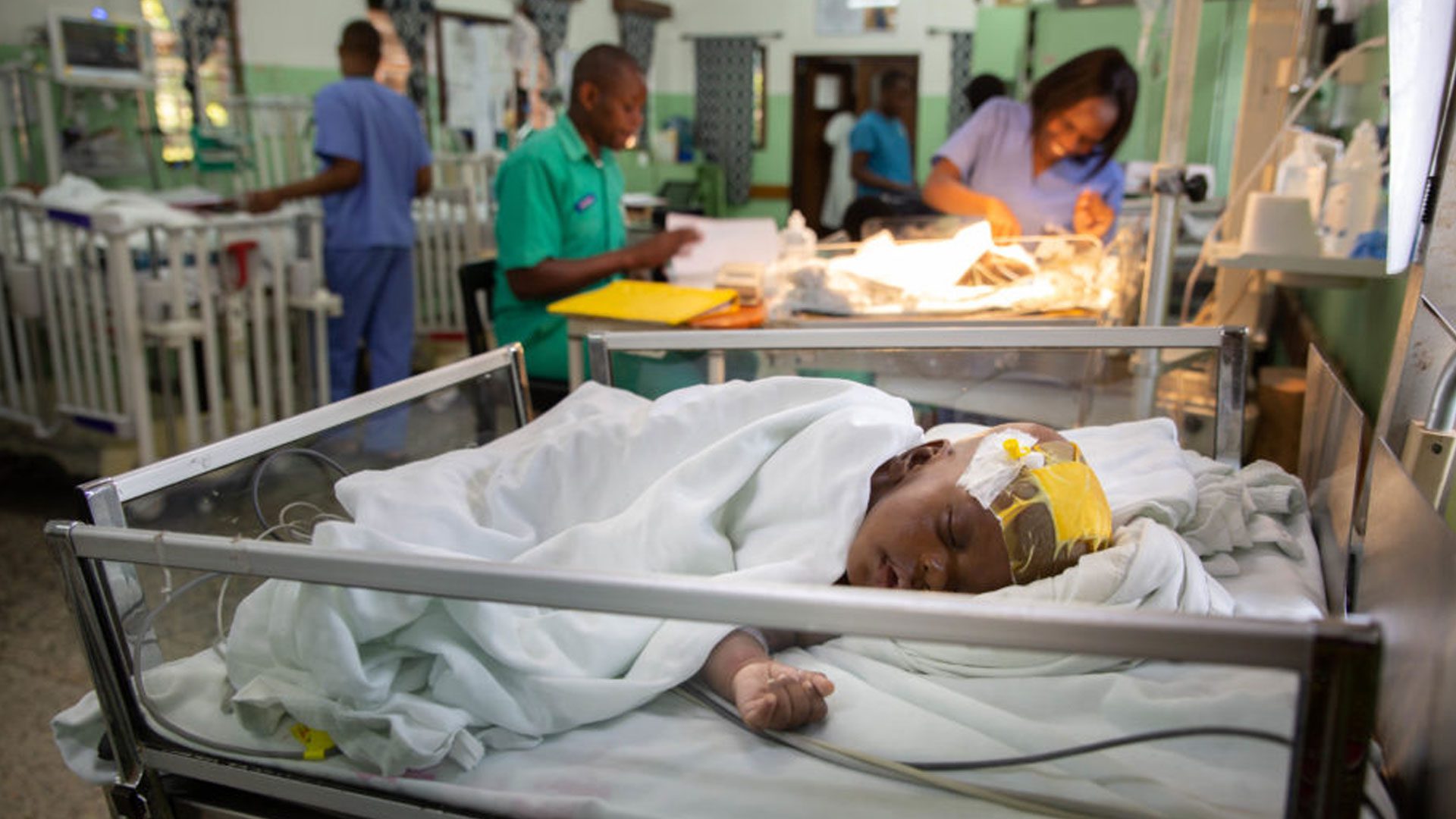Educate one to save a few. Educate a few to save many
Abstract: Roughly one-third of the world’s nearly 7 billion people are covered by approximately 1/20 of its neurosurgeons. Neurosurgeons in the more developed countries have a moral obligation to increase access to neurosurgical care for the rest of the world. This can be achieved most effectively through neurosurgical education. Many neurosurgeons have already contributed greatly in this regard. Because of insufficient access to neurosurgical care, most children with hydrocephalus in Africa go untreated. Possibly as many as 2000 infants per neurosurgeon per year will develop hydrocephalus in sub-Saharan Africa. We have adopted a disease-specific strategy for training and equipping centers to provide evidence-based endoscopic treatment of hydrocephalus to save lives while avoiding the danger of shunt dependence, which is magnified in this context. In Uganda, we have successfully educated one to save a relative few. Our aim is to educate a few to save many. Such a disease-specific approach may provide a useful strategy for increasing access to care for other common, treatable neurosurgical conditions in resource-poor settings.

